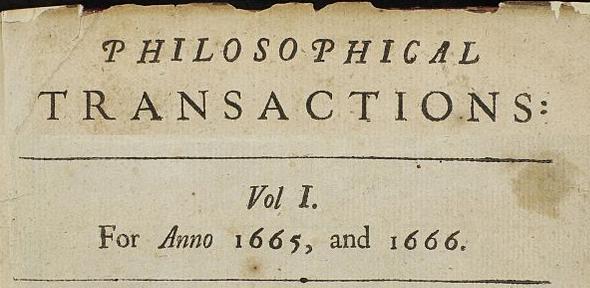
Three members of the Faculty — Professors Caucher Birkar, Peter Haynes, and Richard Jozsa — have been chosen as Fellows of the Royal Society in this year's election, for their substantial contributions to mathematics.
Isaac Newton, Charles Darwin, James Clerk Maxwell, Albert Einstein, and Stephen Hawking...these are just a few of the eminent names you can find among the 8000 past and present Fellows of the Royal Society. Founded in 1660, the Royal Society is the oldest scientific academy in continuous existence in the world.
In the 360 years since its foundation from an "invisible college" of natural philosophers and physicians the Society has witnessed and nurtured dramatic advances in science and medicine. "We published Isaac Newton's Principia Mathematica and Benjamin Franklin's kite experiment demonstrating the electrical nature of lightning," the Society's website reads. "We backed James Cook's journey to Tahiti, reaching Australia and New Zealand, to track the transit of Venus. We published the first report in English of inoculation against disease, approved Charles Babbage's Difference Engine, documented the eruption of Krakatoa and published Chadwick's detection of the neutron that would lead to the unleashing of the atom."
The Society's academic journal, Philosophical Transactions, is the world's oldest continuously published science journal and established the important concepts of peer review and scientific priority modern scientists take for granted.
Today the Society comprises around 1,600 Fellows and Foreign Members, among them around 80 Nobel Laureates. Its purpose is "to recognise, promote, and support excellence in science and to encourage the development and use of science for the benefit of humanity". Each year existing Fellows elect up to 52 new Fellows and up to 10 Foreign Members from a list of around 700 nominees. The candidates must have made "a substantial contribution to the improvement of natural knowledge, including mathematics, engineering science and medical science".
This year three Professors of the University of Cambridge have been elected as Fellows and all three belong to the Mathematics Faculty. Their work demonstrates not only the quality, but also the breadth of the research that goes on in its two departments.
Caucher Birkar
Caucher Birkar is Professor of Mathematics in the Department of Pure Mathematics and Mathematical Statistics. He first hit international headlines last year when he won a Fields medal, one of the highest honours in mathematics. Birkar works in the field of algebraic geometry, in particular, he has made ground-breaking contributions to the classification of mathematical objects called algebraic varieties. To find out more about his work, see this article.
Peter Haynes
Peter Haynes is Professor of Applied Mathematics and a member of the Atmosphere-Ocean Dynamics Group at the Department for Applied Mathematics and Theoretical Physics. Haynes uses mathematical models to study dynamical processes in the Earth's atmosphere and ocean. He has made pioneering contributions, both to the general theory of the field and to aspects pertaining to particular applications. One of the topics he has worked on is the role of the stratosphere, the second-lowest layer of the Earth's atmosphere, in climate change and weather patterns. You can find out more about his work here.
Richard Jozsa
Richard Jozsa is Leigh Trapnell Professor of Quantum Physics at the Department for Applied Mathematics and Theoretical Physics. He is widely regarded as a founder of the field of quantum computation and information. Apart from co-developing the first-ever quantum algorithm that's provably faster than any classical algorithm performing the same task, Jozsa has elucidated the role of quantum phenomena, such as entanglement, in quantum computing and co-invented the concept of quantum teleportation. These days he is interested in the light theoretical computer science and complexity theory can cast on the foundations of physics. You can find out more about his work here.
The three new elections bring the total number of Royal Society Fellows in the Faculty to 33. We extend our warmest congratulations to all three and encourage them to continue producing such excellent work in the spirit of the Royal Society's motto, which is particularly suited to mathematics: 'Nullius in verba' — 'take nobody's word for it'.
